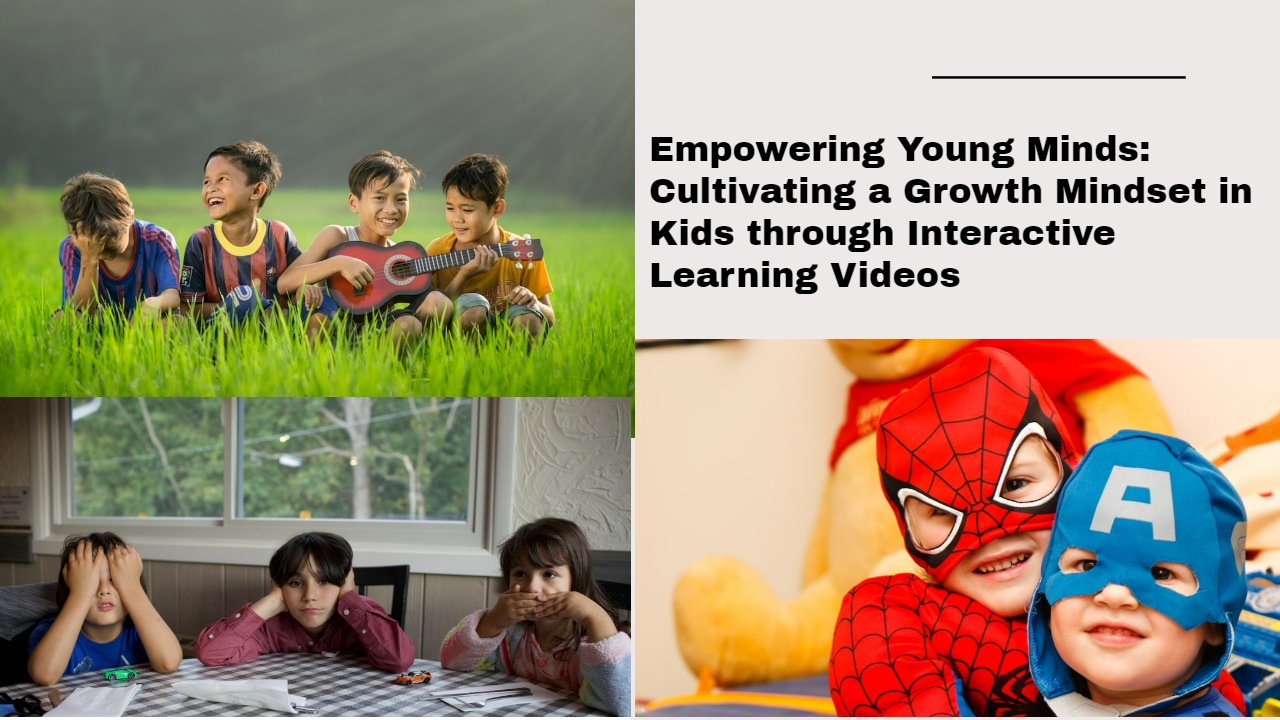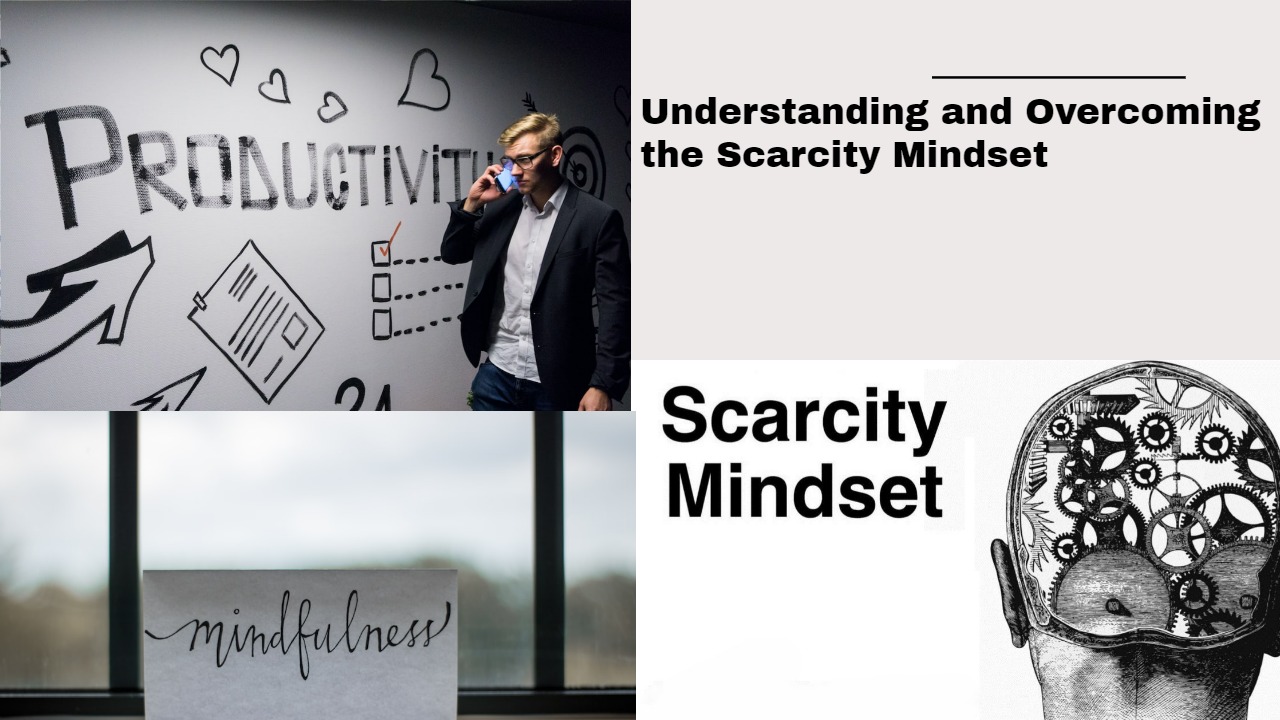The field of psychology encompasses various theories and approaches that seek to understand and explain human behavior. One such approach is humanistic psychology, which places a strong emphasis on personal growth, individuality, and subjective experiences. In this blog, we will delve into the definition and impact of humanistic psychology, exploring its core assumptions, theories, pioneers, historical perspective, applications, and debates. By the end, you will have a better understanding of how humanistic psychology contributes to our understanding of human behavior and the potential for personal growth.
Unraveling the Basics of Humanistic Psychology
Before diving into the specifics of humanistic psychology, it is important to gain a basic understanding of what this approach entails. Humanistic psychology, also known as the humanistic approach, is a psychological perspective that focuses on the individual’s subjective experiences and innate drive towards personal growth. It places a significant emphasis on human potential, free will, and the importance of individuality. This approach diverges from other branches of psychology, such as behaviorism and psychoanalytic theory, by prioritizing the uniqueness of each person and their pursuit of self-actualization.
Core Assumptions of Humanistic Psychology
Humanistic psychology theory is founded on several core assumptions that shape its perspective on human behavior. These assumptions include a belief in the inherent goodness of human beings and their potential for personal growth and fulfillment. At the heart of humanistic psychology is the concept of self-actualization, which refers to the individual’s innate drive to reach their full potential and become the best version of themselves.
Unlike other psychological approaches, humanistic psychology places a strong emphasis on subjective feelings, experiences, and individual needs. It recognizes that individuals are not simply products of their environment or driven solely by external stimuli, but rather, they have personal agency and the capacity to make choices that align with their values and inner desires.
The humanistic approach also values the uniqueness and individuality of each person. It recognizes that individuals have their own subjective experiences, perceptions, and ways of understanding the world. Humanistic psychology aims to understand human behavior through the eyes of the person, rather than the eyes of the observer, emphasizing the importance of empathy and understanding in the study of human behavior.
Additionally, humanistic psychology theory emphasizes the importance of the therapeutic relationship and unconditional positive regard. Therapists utilizing humanistic approaches, like person-centered therapy, aim to create a therapeutic environment that fosters trust, acceptance, and empathy. This approach believes that individuals possess the capacity for self-healing and growth, and the role of the therapist is to provide the necessary conditions for personal exploration and development.
Overall, the core assumptions of humanistic psychology theory revolve around the belief in the inherent goodness and potential of individuals, the importance of subjective experiences and personal agency, and the value of empathy and unconditional positive regard in the therapeutic process.
The Innate Human Drive towards Self-Actualization
One of the central concepts in humanistic psychology is the innate human drive towards self-actualization. Self-actualization refers to the process of realizing one’s full potential, the ultimate goal of humanistic psychology.
According to humanistic psychologists such as Abraham Maslow, individuals are motivated by a hierarchy of needs. Maslow’s hierarchy of needs theory suggests that individuals must fulfill their basic physiological needs, safety needs, social needs, and esteem needs before they can pursue the highest level of human potential – self-actualization. Self-actualization involves the realization of one’s talents, creativity, and capabilities, as well as the fulfillment of personal growth and inner needs.
The humanistic approach posits that individuals possess an inner drive to reach their full potential and strive for personal growth. This drive involves the authentic expression of one’s true self, living in accordance with personal values, and actively pursuing individual goals and aspirations.
Self-actualized individuals are characterized by a strong sense of personal fulfillment, authenticity, and inner harmony. They are motivated by their own inner needs and values, rather than external rewards or societal expectations. Self-actualization is not a static state, but a lifelong journey of growth, as individuals continuously strive to develop their potential and expand their horizons.
Humanistic psychology recognizes the uniqueness of each individual and the potential for personal growth inherent in every human being. By understanding and tapping into this innate drive towards self-actualization, humanistic psychologists aim to facilitate personal development, support self-discovery, and help individuals live fulfilling, meaningful lives.
Theories and Pioneers of Humanistic Psychology
To delve deeper into the field of humanistic psychology, it is essential to explore the theories and pioneers who have significantly contributed to the development and understanding of this approach. Over the years, various psychologists have shaped the field, laying the foundation for the humanistic perspective. Among the key pioneers of humanistic psychology are Carl Rogers, Abraham Maslow, Rollo May, Viktor Frankl, and Erich Fromm. These psychologists have introduced key concepts, such as person-centered therapy, the hierarchy of needs, existential psychology, logotherapy, and explored humanistic themes in their works on love, freedom, and human nature.
The Role of Self-Worth in Humanistic Theory
Self-worth plays a significant role in humanistic theory, underpinning personal development, and the overall well-being of individuals. Humanistic psychologists suggest that individuals with higher self-worth exhibit greater resilience and have a more positive outlook on life.
Self-worth refers to the subjective value and perception of one’s own worthiness as a human being. It involves self-acceptance, self-esteem, and a positive evaluation of one’s abilities, qualities, and personal worth. In the context of humanistic psychology, self-worth is closely related to the concept of unconditional positive regard.
Unconditional positive regard, a central concept in humanistic psychology, refers to the acceptance and support of an individual without any conditions or judgment. It involves valuing individuals for who they are, regardless of their behavior or actions. Humanistic therapists, like Carl Rogers, believe that providing unconditional positive regard creates a safe and non-judgmental environment for individuals to explore their thoughts, feelings, and experiences. This acceptance and support foster personal growth, self-acceptance, and the development of a positive sense of self-worth.
Humanistic psychology emphasizes the importance of fostering positive self-worth in individuals, as it influences how they perceive themselves, their interactions with others, and their overall well-being. Individuals with higher self-worth are more likely to pursue their goals, assert their needs, and experience personal fulfillment.
The Influence of Ideal and Real Selves
Exploring the intricate link between the ideal self and real self, humanistic psychology delves into personal aspirations and current realities. Discrepancies between these identities may trigger feelings of incongruence, prompting a quest for alignment in therapy for self-actualization. Embracing and reconciling both self- perceptions are pivotal for individual growth and contentment.
Major Theorists and Their Contributions
Major figures in the field include Carl Rogers, celebrated for his person-centered therapy and focus on empathy. Abraham Maslow is renowned for his hierarchy of needs and the notion of self-actualization. Rollo May delved into existential psychology, stressing the quest for meaning in human existence. Viktor Frankl’s logotherapy centered on finding purpose and significance in life. Erich Fromm delved into humanistic themes through his exploration of love, freedom, and human nature.
Contrasting Humanistic Psychology with Other Approaches
Exploring different approaches within psychology allows for a better understanding of human behavior and treatment. Humanistic psychology, distinct from behaviorism and psychoanalytic theory, emphasizes individual growth and self-actualization. Unlike behaviorists who focus on external behavior and conditioning, humanistic psychologists delve into the subjective experiences and intrinsic motivations of individuals. This approach contrasts with the deterministic views of psychoanalysis, emphasizing personal agency and free will in psychological growth and therapy.
Distinguishing Humanistic Psychology from Behaviorism
In contrast to behaviorism’s focus on observable behaviors and external stimuli, humanistic psychology emphasizes inner experiences and individual potential. While behaviorism employs conditioning techniques, humanistic psychology values personal growth and views individuals as self-motivated in their quest for fulfillment. Unlike behaviorism, humanistic psychology places importance on personal agency and free will in shaping behavior.
Discrepancies with Psychoanalytic Theory
In contrast to psychoanalytic theory’s emphasis on the unconscious mind and early childhood experiences, humanistic psychology prioritizes conscious awareness, personal growth, and self-actualization. While psychoanalysis explores repressed memories and unconscious drives, humanistic psychology values present experiences. The two approaches diverge in their perspectives on human nature, with psychoanalysis focusing on instinctual drives and humanistic psychology on inner feelings. Humanistic psychology underscores an individual’s potential for positive growth and self-improvement.
The Journey of Humanistic Psychology: A Historical Perspective
The historical journey of humanistic psychology can be traced back to its conceptual origins, emphasizing the evolution and development of the field. From the birth of humanistic psychology to its impact on today’s society, this path highlights the significant moments in its history, such as the involvement of major theorists and the academic psychology community. The narrative unfolds like a journal of humanistic psychology, reflecting a rich tapestry woven by pioneers and scholars in the United States and beyond.
The Birth and Conceptual Origins of Humanistic Psychology
In the 1950s and 1960s, a fresh perspective on human behavior arose. Visionaries like Carl Rogers and Abraham Maslow pioneered this novel approach, emphasizing human values and free will. Departing from conventional views on mental health, humanistic psychology viewed individuals holistically, focusing on personal growth and self-actualization. This shift challenged existing beliefs about the human condition, advocating for a broader understanding of human behavior.
Evolution and Development of the Field
In the progression of humanistic psychology, it has transformed into diverse therapeutic methods and counseling strategies. Therapists in this field prioritize the distinct requirements and life encounters of each person, emphasizing empathy and unconditional positive regard. Continuously impacting contemporary psychology, counseling, and personal growth, this approach promotes comprehensive well-being and self-exploration. The evolution and development of humanistic psychology showcase its enduring influence on modern therapeutic practices.
Applying Humanistic Psychology: Counseling and Therapy
Key therapeutic approaches rooted in the principles of humanistic psychology, such as client-centered therapy, emphasize empathy and self-actualization. These methods focus on the individual’s subjective experience and self-understanding rather than pathology. The journal of humanistic psychology highlights how humanist therapies aim to foster personal growth and self-discovery. By viewing clients through the lens of positive psychology, counselors guide individuals towards psychological growth and fulfillment, embodying the essence of humanistic ideals in therapy sessions.
Key Approaches in Humanistic Therapeutic Practices
Key therapeutic approaches within humanistic psychology include person-centered therapy, Gestalt therapy, and existential therapy. Person-centered therapy, pioneered by Carl Rogers, emphasizes the individual’s self-healing capacity. Gestalt therapy focuses on present experiences, while existential therapy delves into questions of purpose. These approaches prioritize client self-exploration and agency, reflecting humanistic beliefs in personal growth and healing potentials. Therapists view individuals through the lens of their inherent ability to overcome challenges and achieve psychological growth.
The Role of Empathy and Self-Help in Therapy
In therapy, understanding the client’s experience is key, fostering growth. Empowering clients to take charge, self-help strategies are crucial. Therapists offer support for emotional exploration. Encouraging self-awareness and acceptance, humanistic therapy promotes personal development. Through empathy and self-help tools, clients navigate challenges towards positive change.
Debates and Issues Surrounding Humanistic Psychology
Debates surrounding the humanistic approach often delve into the intricate balance between free will and determinism, exploring the nature versus nurture debate. Whether individuals shape their destiny through choices or are products of their environment remains a core contention within this field. Scholars keen on investigating humanistic psychology frequently ponder the extent to which personal growth and development occur through introspection and conscious efforts. Such debates spark critical reflections on the essence of humanism and its implications on psychological theories.
Free Will vs. Determinism
In humanistic psychology, the emphasis lies on personal autonomy and decision-making, advocating for the significance of free will. Therapeutic practices in this field empower individuals to make choices based on their free will, fostering a sense of ownership in their lives. Debates surrounding free will versus determinism in psychology showcase varying perspectives on human behavior, highlighting the importance of understanding individual agency. This viewpoint encourages individuals to take charge of their decisions, shaping their future events and psychological growth.
Nature vs. Nurture Debate in Humanistic Psychology
In the realm of humanistic psychology, scholars delve into the intricate balance between inherent traits and external influences. This ongoing discussion scrutinizes how genetic makeup and life experiences mold behaviors. By highlighting individual potential, researchers assess how inner desires and outside triggers intertwine. The dynamic interplay of nature and nurture not only shapes personal evolution but also impacts one’s journey towards self-discovery. Within this framework, experts appreciate the multifaceted nature of human actions, acknowledging the significance of both inherited tendencies and environmental circumstances.
Evaluating Humanistic Psychology: Strengths and Limitations
Assessing humanistic psychology reveals both its strengths, like emphasizing individual experiences, and limitations, such as subjective interpretations. The Journal of Humanistic Psychology reflects the field’s growth, influenced by American associations. Evaluating the impact of humanistic psychology delves into its contributions to research and therapy practices, shaping future events within the realm of academic psychology
The Power and Potential of Humanistic Psychology
Exploring human behavior from a holistic perspective, humanistic psychology underscores personal development and satisfaction. Emphasizing individual uniqueness and personal viewpoints, it celebrates the inherent goodness within individuals. The primary goal lies in nurturing individuals to achieve their utmost capabilities.
How Does Humanistic Psychology Impact Today’s Society?
Exploring the influence of humanistic psychology on modern society reveals its impact on education, therapy, and personal growth. Emphasizing positivity and individual agency, it encourages introspection into emotions, meanings, and values, shaping a holistic approach to understanding human behavior and fostering personal development.
Conclusion
Humanistic psychology emphasizes the significance of human potential, growth, and self-actualization. By focusing on individual uniqueness, this approach provides a holistic view of human behavior and experience. Through empathetic counseling practices, humanistic psychology has shaped therapeutic interventions that prioritize personal growth and self-awareness. Despite debates on free will and determinism, the field continues to impact modern society by promoting empowerment and self-discovery. Understanding humanistic psychology offers insights into the complexities of human nature and the pursuit of individual fulfillment in today’s dynamic world.










